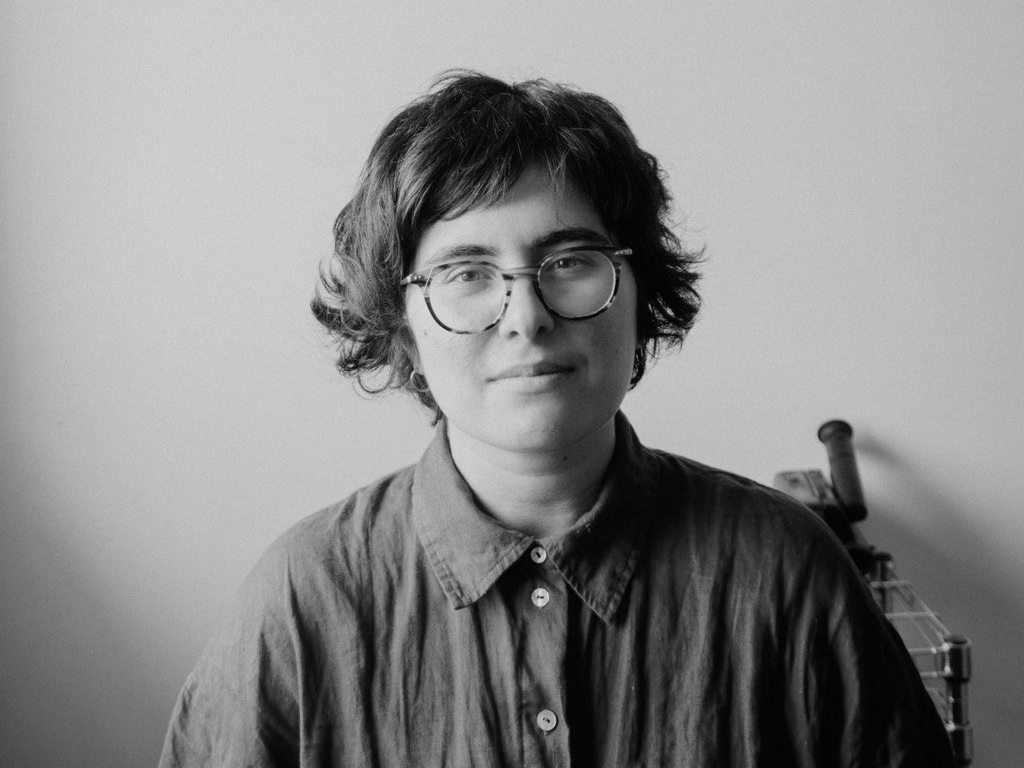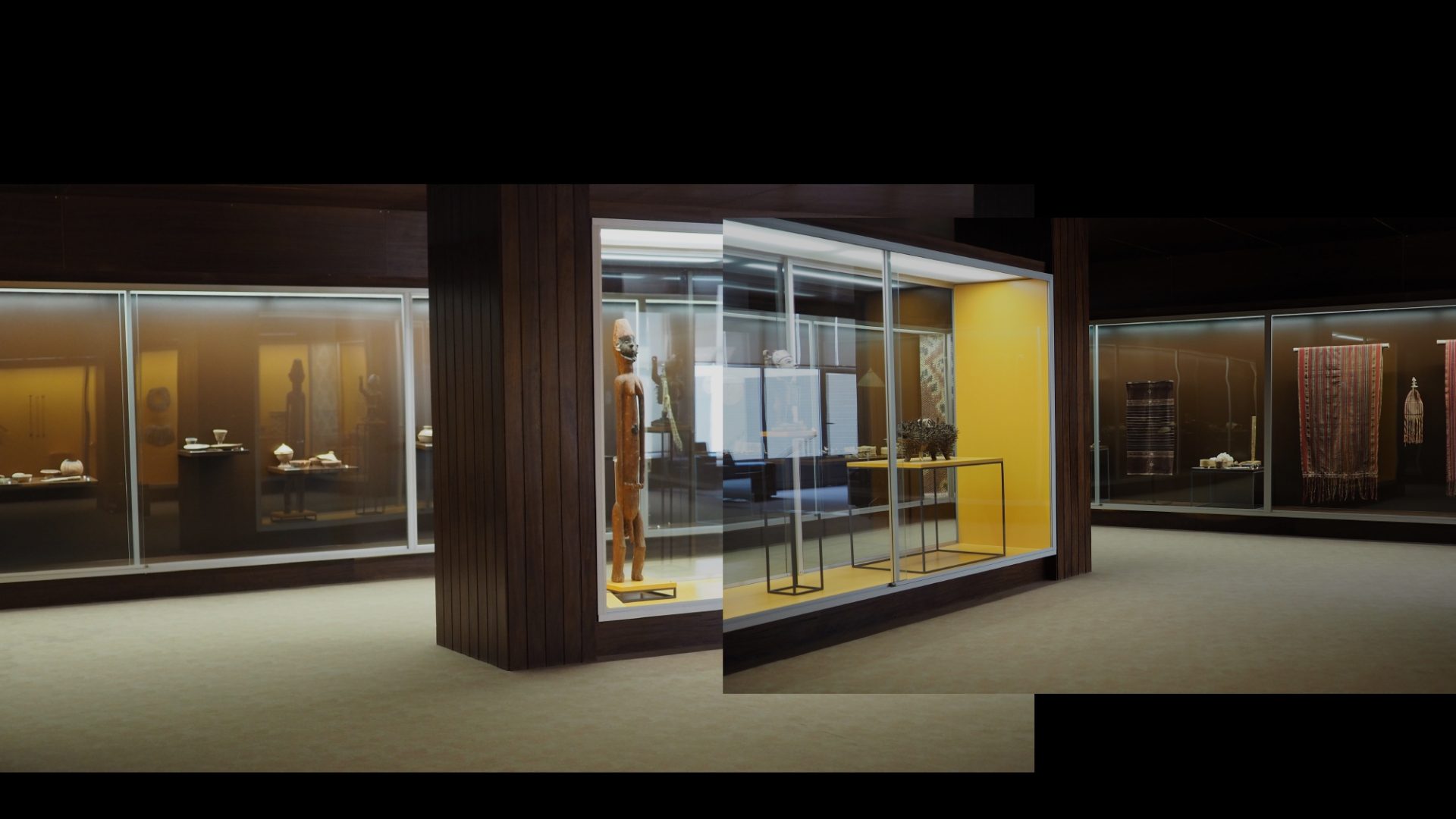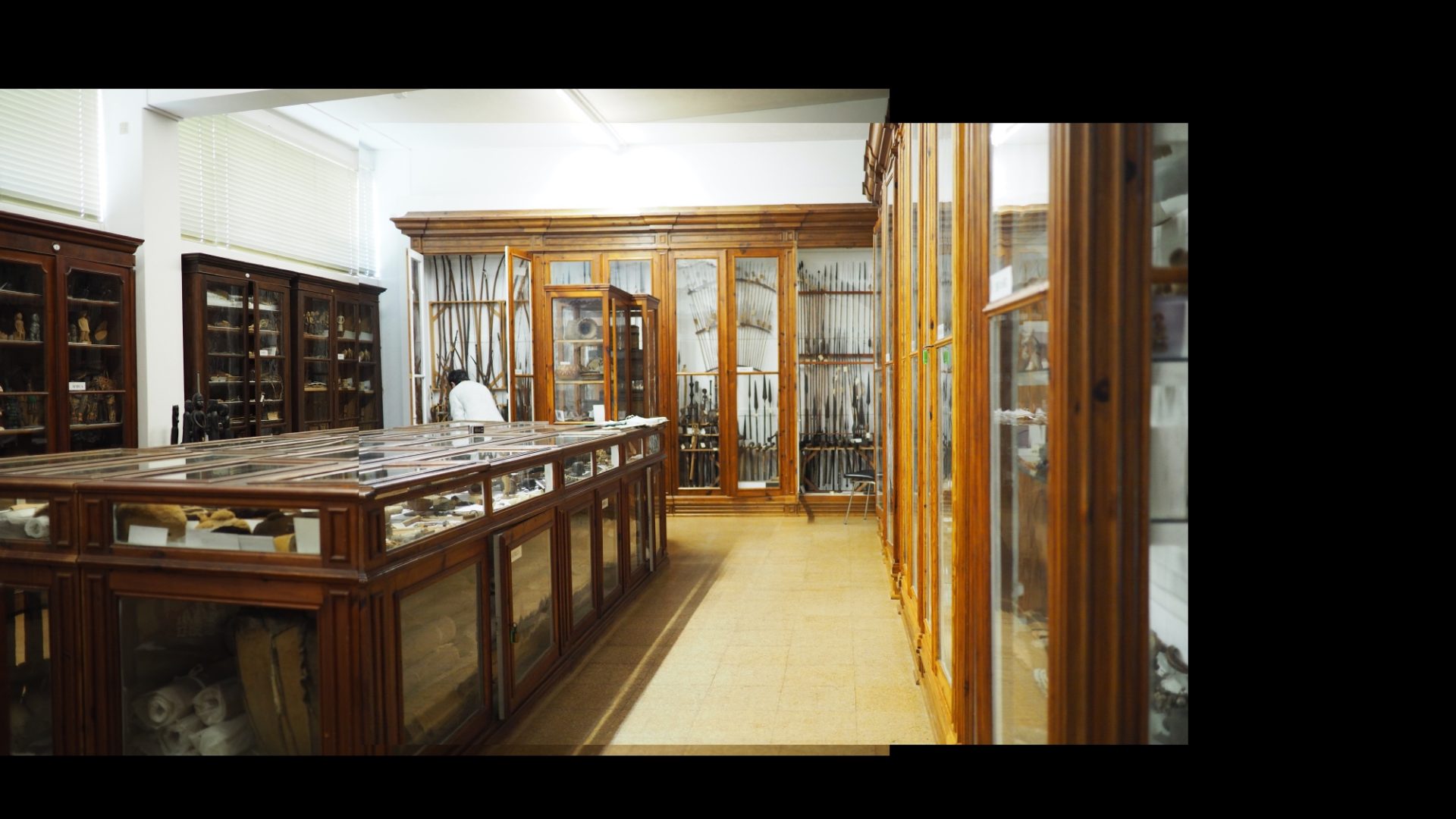Do ethnographic objects of transnational origin reveal more about Portuguese colonial history and the perpetuation of institutional violence than they do about their cultural contexts of origin? This is the hypothesis to be explored by Maria Figueira, doctoral researcher at IHC – University of Évora / IN2PAST, now supported by an FCT 2024 PhD Studentship – Specific Line of Application in a Non-academic Environment (BDANA), with IN2PAST – Associate Laboratory as her academic host institution.
Maria will be working at the Santos Rocha Municipal Museum, in Figueira da Foz, Portugal, and the Pitt Rivers Museum at Oxford University, in the UK, under the supervision of Manuela Silva, Head of Museum Services at the Figueira da Foz Municipality, and Lennon Mhishi, project researcher at the British museum.
The project, entitled ‘Exhibitions, colonial collections and their (in)visibilities (1884-1940). Construction and dissemination of knowledge in Portuguese museums: a comparative and transnational perspective’ (‘Exposições, coleções coloniais e suas (in)visibilidades (1884-1940). Construção e disseminação de conhecimentos em museus portugueses: uma perspetiva comparativa e transnacional’), has the scientific supervision of IHC – UÉvora / IN2PAST researcher Elisabete Pereira and is developed under UÉvora’s doctoral programme in History and Philosophy of Science, specialisation in Museology.
Through provenance research focussed on the study of colonial collections and archives, from the end of the Portuguese Monarchy to the ‘golden age’ of the period known as ‘Estado Novo’, Maria Figueira will seek to understand how the power dynamics inherent in imperialist contexts can be reflected in the practices of collecting objects, building collections, and producing and disseminating knowledge in museums.
‘Following current international research trends that propose the decolonisation of museology, this project, centred on the colonial collections of museums in the central region of Portugal, will contribute to the understanding of the relationship between European colonial history and the history of collection building and of museums,’ explains our PhD researcher.
One of Maria’s objectives is to ‘help museums rethink the construction of exhibition narratives of objects from these contexts’, namely by looking for ‘examples of models of structures for contents exhibition which may allow for the construction of transparency and public accessibility to colonial collections, and the support for the continuous construction of knowledge about them. And, in this process, to generate a network of scientific and technical support between Portuguese and foreign museums.’
In this sense, and in terms of Portuguese research institutions, IN2PAST occupies ‘a privileged position where this project for the study, dissemination and valorisation of cultural heritage can be integrated’, particularly in the context of its thematic line of research ‘Museums, Monuments and their Collections’, says the doctoral student.

Maria Figueira, IHC – University of Évora / IN2PAST PhD researcher.

Ethnography room at the Santos Rocha Municipal Museum, Figueira da Foz, Portugal. Photo montage. © Maria Figueira

Visitable reserve of the Santos Rocha Municipal Museum, Figueira da Foz. Photo montage. © Maria Figueira
2025 © IN2PAST. All rights reserved.
IN2PAST – Associate Laboratory for Research and Innovation in Heritage, Arts, Sustainability and Territory is funded by FCT – Fundação para a Ciência e a Tecnologia, I. P. under reference LA/P/0132/2020 (DOI 10.54499/LA/P/0132/2020)